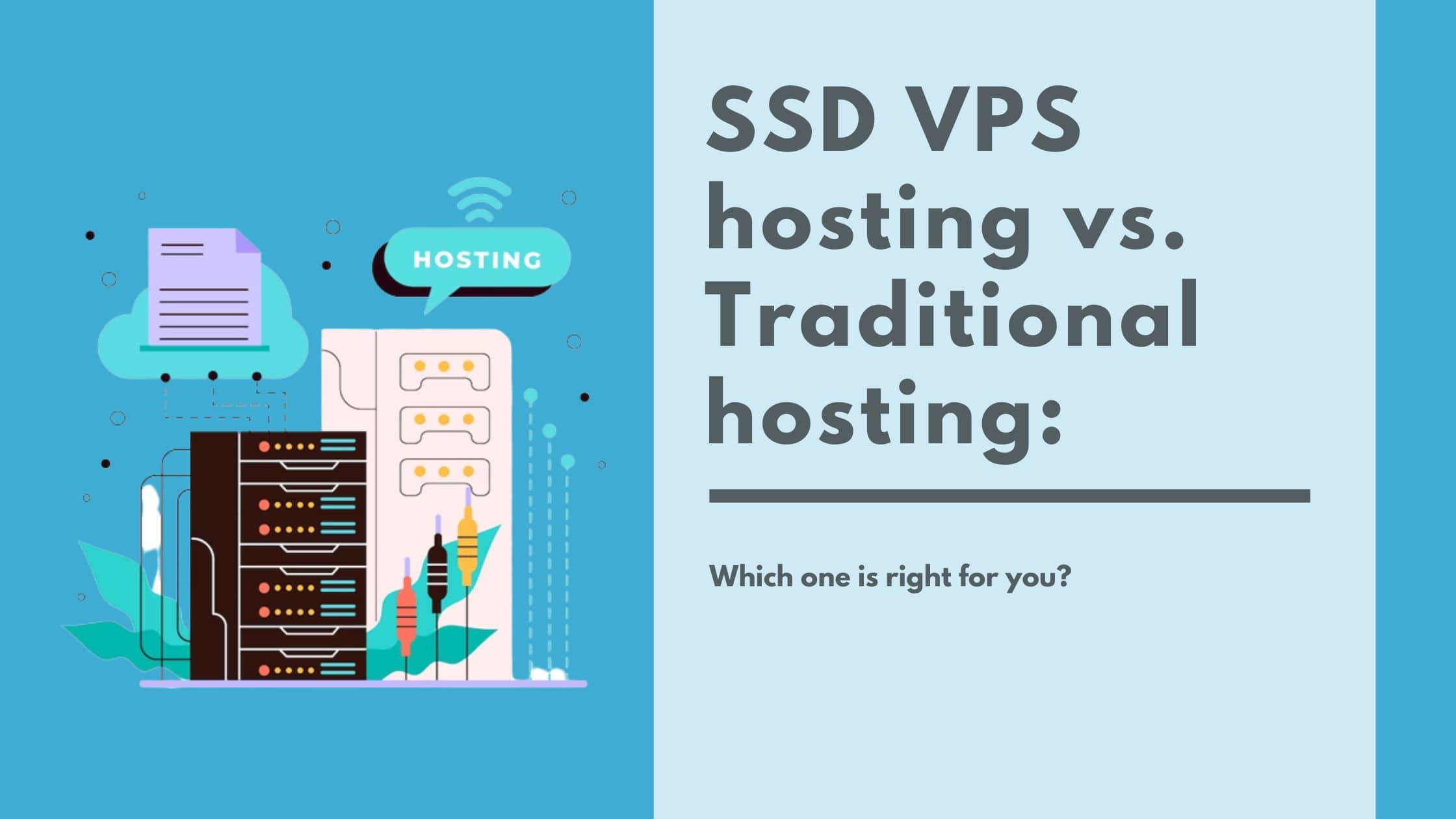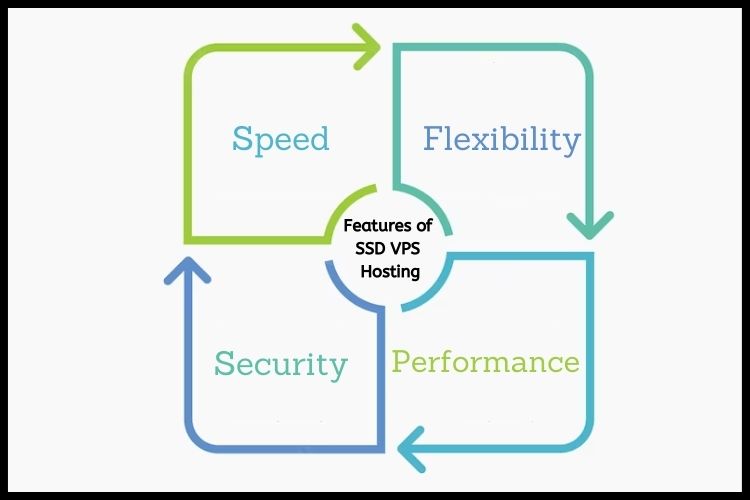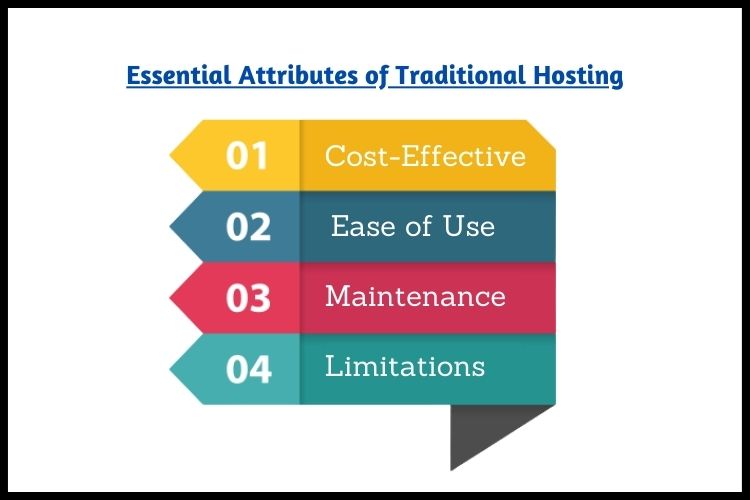
SSD VPS hosting vs. Traditional hosting: Which one is right for you?
Summary

Article Name
SSD VPS hosting vs. Traditional hosting: Which one is right for you?
Description
In the evolving digital age, web hosting stands as the backbone for most online businesses. But the landscape of web hosting is vast and, at times, perplexing.
Author
Iram
Publisher Name
SSD VPS Hosting
Publisher Logo


